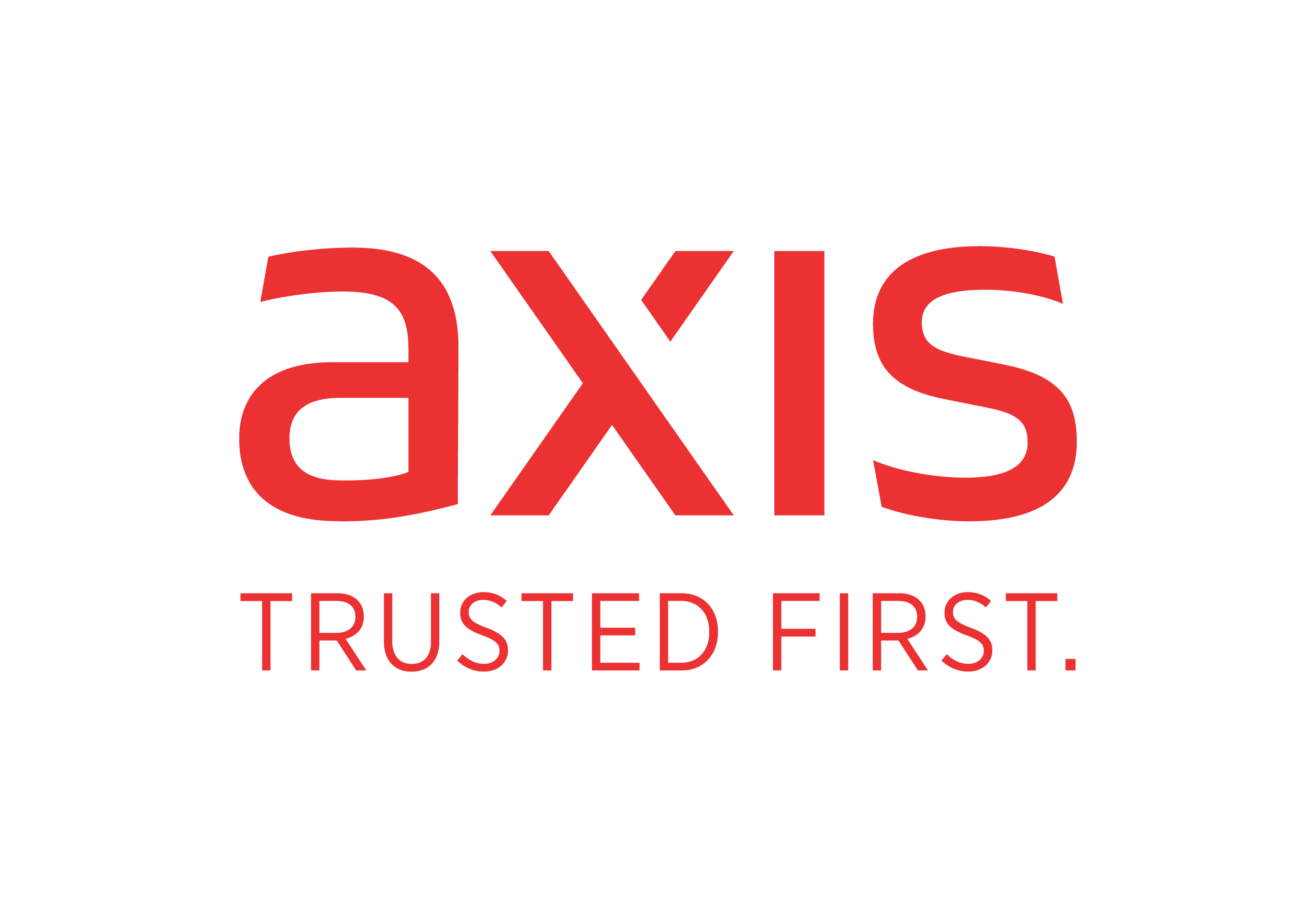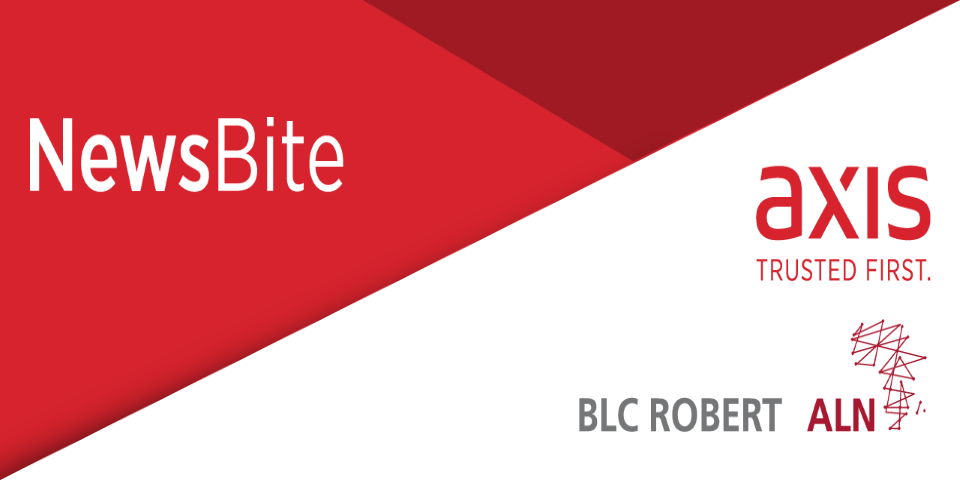The Income tax (Amendment No.2) regulations 2019 (the “Regulations”) has recently been passed on 20 August 2019. The Regulations, which shall be deemed to have come into operation on 01 July 2019, have been made to clarify the following matters:
- Conditions to be met by tax-resident companies to avail of the Partial Exemption Regime (“PER”);
- Controlled Foreign Company (“CFC”) rules as introduced in the Finance (Miscellaneous Provisions) Act 2019 (the “Finance Act”); and
- Conditions to be satisfied by a Freeport operator or private Freeport developer engaged in the export of goods or manufacturing activities to benefit from the preferential tax rate of 3%.
The Regulations accordingly supersedes the circular letter (the “Circular Letter”) that had been issued by the FSC last 12 October 2018 to provide clarifications on the new enhanced substance requirements for GBCs.
1.Conditions to be met by resident companies to avail of the PER
Following the recent changes provided by the Finance Act, s.71 of the Financial Services Act 2001 (“FSA”) had been amended to provide that Global Business Companies (“GBCs) need to at all times:
- Carry out their core income generating activities (“CIGA”) in, or from, Mauritius, as required under the Income Tax Act (“ITA”);
- Be managed and controlled from Mauritius; and
- Be administered by a management company.
In light of the above, , the Regulations have amended S.23D of the Income Tax regulations 1995 (the “Principal Regulation”) and provides, inter alia, the conditions that must be satisfied by tax-resident companies in order to be eligible for certain type of income covered under the PER and guidance on CIGA.
Tax-resident companies (including GBC’s) must (1) carry out their CIGA in Mauritius, (2) employ, directly or indirectly, an adequate number of suitably qualified persons to conduct their CIGA and (3) incur a minimum expenditure proportionate to their level of activities in order to benefit from the PER in respect of the following types of income:
- Interest derived by a company other than a bank referred to in section 44C of ITA;
- Income derived by a collective investment scheme (CIS), closed end fund, CIS manager, CIS administrator, investment adviser or asset manager, as the case may be, licensed or approved by the Financial Services Commission established under the FSA;
- Income derived by companies engaged in ship and aircraft leasing;
- Income derived by a company from reinsurance and reinsurance brokering activities;
- Income derived by a company from leasing and provision of international fibre capacity; and
- Income derived by a company from the sale, financing arrangement, asset management of aircraft and its spare parts and aviation advisory services related thereto.
The Regulations further provides guidance on CIGA in respect of each of the types of income referred above. The Regulations specify that CIGA includes the activities set out in the second column in the table below for the purposes of the type of income/licence referred in the first column in the table below:
Type of income / licence | CIGA |
| Interest derived by a company other than a bank referred to in section 44C of ITA | Agreeing funding terms, setting the terms and duration of any financing, monitoring and revising any agreements, and managing any risks. |
| Collective Investment Scheme | Investment of funds in portfolios of securities, or other financial assets, real property or non-financial assets; diversification of risks; redemption on the request of the holder. |
| Closed-ended Fund | Investment of funds collected from sophisticated investors, in portfolios of securities, or in other financial or non-financial assets, or real property. |
| CIS Manager | Management of a Collective Investment Scheme; taking decisions on the holding and selling of investments; calculating risks and reserves; taking decisions on currency or interest fluctuations and hedging positions; and preparing relevant regulatory or other reports for Government authorities and investors. |
| CIS Administrator | Providing services with respect to the operations and administrative affairs of a Collective Investment Scheme including accounting, valuation or reporting services. |
| Investment Adviser or Asset Manager | Advising, guiding or recommending other persons, or holding himself out to advise, guide or recommend other persons, whether personally or through printed materials or by other means, to enter into securities transactions; managing or holding himself out to manage, under a mandate, whether discretionary or not, portfolios of securities; giving advice on corporate finance advisory matters concerning securities transactions. |
| Income derived by companies engaged in ship and aircraft leasing | Agreeing on funding terms, identifying and acquiring assets to be leased, setting out the terms and duration of any leasing, monitoring and revising any agreements, and managing any risks. |
| Income derived by a company from reinsurance and reinsurance brokering activities | Predicting and calculating risk, reinsuring against risks, administrating clients’ cell, providing related services, preparing regulatory reports and providing clients technical advice in respect of reinsurance of liabilities. |
| Income derived by a company from leasing and provision of international fibre capacity | Agreeing funding terms, identifying and acquiring capacity to be leased or otherwise provided, setting out the terms and duration of any leasing or right of use contracts, monitoring and revising any agreements, and managing any risks. |
| Income derived by a company from the sale, financing arrangement, asset management of aircraft and its spare parts and aviation advisory services related thereto | Negotiating the terms of purchase and sale of aircraft and its spare parts, arranging for sale and leasing of aircraft, agreeing funding terms and providing advisory services in aviation related services. |
The Regulations further provide that a company (including GBCs) may outsource any relevant activities to any third-party service providers provided that:
- It is able to demonstrate adequate monitoring of the outsourced activities;
- The outsourced activities are conducted in Mauritius; and
- The economic substance of service providers is not counted multiple times by multiple companies when evidencing their own substance in Mauritius
2. Pure Equity Holding Entities
In respect of a pure equity holding entity, the PER would be available in respect of foreign dividend income provided that the following are satisfied:
- The dividend must not be allowed as a deduction in the country of source;
- The company must comply with its filing obligations under the Companies Act 2001 or the Financial Services Act 2007; and
- The company has adequate resources for holding and managing share participations.
3. CFC rules as introduced by the Finance Act
The CFC rules were introduced by the Finance Act and had been introduced as an additional anti-tax avoidance provision. A CFC is defined as follows:
- As a non tax-resident company in which more than 50 % of its total participation rights are held directly or indirectly by a Mauritian tax-resident company (“Resident Company”) or
- As a non tax-resident company in which more than 50% of its total participation rights are held directly or indirectly together with the Resident Company’s associated enterprises, defined as an entity or individual in which the Resident Company holds directly or indirectly a participation in terms of voting rights or capital ownership of at least 25% in the profits of that entity; or
- As a permanent establishment of the Resident Company.
The effect of the CFC rules where a Resident Company carries on business through a CFC is as follows:
- Until the Resident Company receives distributed income, there is no tax implication in Mauritius;
- In the case of non-distributed income, if the latter arises from non-genuine arrangements with the purpose of obtaining a tax benefit, then these incomes will be deemed to form part of the chargeable income of the Resident Company and taxable in Mauritius.
The CFC rule shall not apply to a CFC where in an income year:
- accounting profits are not more than EUR 750 000 and non-trading income is not more than EUR 75 000;
- accounting profits amount to less than 10 % of its operating costs for the tax period (the operating costs shall not include the cost of goods sold outside the country where the entity is resident for tax purposes and payments to associated enterprises); or
- the tax rate in the country of residence of the controlled foreign company is more than 50% of the tax rate in Mauritius.
The Regulations provides that the income to be included in the chargeable income of the Resident Company will be limited to amounts generated through assets and risks which are linked to significant people functions carried out by the Resident Company. It also provides that:
- the income attributable to the CFC should be calculated in accordance with the arm’s length principle;
- the income attributable to the CFC in respect of a foreign tax year shall be determined in accordance with the ITA as if the CFC had been a taxpayer and resident for the purpose of the ITA;
- the income attributable to the CFC in respect of a foreign tax year shall be determined in the currency used in the financial statements of the CFC and converted into Mauritius currency (Mauritius Rupee) on the average rate during the foreign tax year;
- the income to be included in the chargeable income of the CFC shall be calculated in proportion (prorated) of the Resident Company’s participation in the CFC;
- the income shall be included in the tax return of the Resident Company in respect of the income year in which the tax year of the CFC ends;
- Where profits are distributed by the CFC to the Resident Company and those profits were included in the chargeable income of the Resident Company, then such amount shall be deducted from the latter’s chargeable income when calculating the amount of tax due on the distributed profits; and
- Foreign tax credit for any tax paid by the CFC shall be allowable against the tax liability of the Resident Company under the ITA.
An article prepared by our sister company BLC Robert & Associates on the CFC rules can be accessed through the following link: http://www.blc.mu/view_news.php?id=55
4. Conditions to be satisfied by a Freeport operator or private Freeport developer engaged in the export of goods or manufacturing activities to benefit from the preferential tax rate of 3%.
The Finance Act extended the preferential tax rate of 3% to a Freeport operator or private Freeport developer engaged in the manufacture of goods meant for the local market in whole or in part provided it satisfies the conditions relating to the substance of its activities as may be prescribed. The Regulations have now provided clarity on such conditions to be satisfied by them as follows:
- The company will need to employ a minimum of 5 staff; and
- Incur an annual local expenditure exceeding Rs. 3.5 Million
DISCLAIMER: The contents of this publication are not intended to constitute any legal, financial and/or tax advice and may not be relied as such by any person. Should you wish to obtain such advice, you are required to consult a law practitioner, financial adviser or tax adviser.





